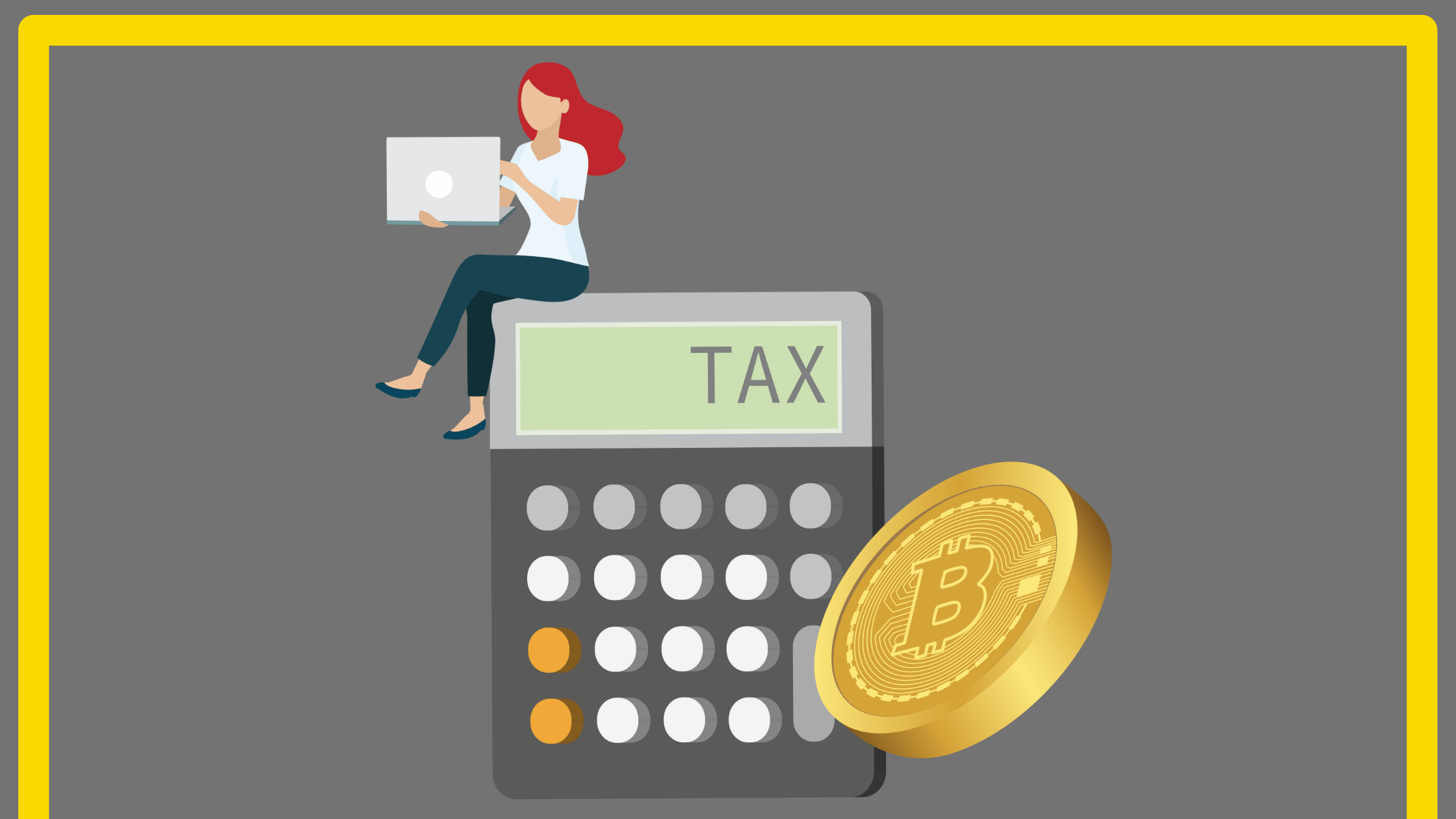Navigating the world of Bitcoin can be exciting, but when it comes to taxes, things can get a little confusing. Whether you’re a seasoned investor or a curious newcomer, understanding how Bitcoin is taxed is crucial. After all, the last thing you want is an unexpected letter from the tax authorities! In this article, we’ll break down everything you need to know about Bitcoin and taxes, including key considerations, common mistakes, and smart strategies to keep more of your earnings.
How Bitcoin is Treated for Tax Purposes
Is Bitcoin a Currency or Property?
One of the first things to understand is how Bitcoin is classified for tax purposes. Unlike traditional currencies, most countries do not treat Bitcoin as “money.” Instead, Bitcoin is often categorized as “property.” This distinction is important because it affects how your Bitcoin transactions are taxed. When you sell, trade, or even use Bitcoin to buy goods and services, you’re likely triggering a taxable event.
Cryptocurrency and Tax Classifications Worldwide
Different Countries, Different Rules
Cryptocurrency tax rules aren’t the same everywhere. While some countries like El Salvador have embraced Bitcoin as legal tender, others treat it as a digital asset subject to capital gains taxes. In the U.S., for instance, the IRS considers Bitcoin as property. On the other hand, countries like Germany don’t tax Bitcoin held for over a year. It’s vital to know the rules in your country to avoid costly mistakes.
The IRS Perspective on Bitcoin
The U.S. Internal Revenue Service (IRS) is clear about its stance on Bitcoin. Since 2014, the IRS has classified Bitcoin and other cryptocurrencies as property, not currency. This means any transaction involving Bitcoin is subject to capital gains tax, just like selling a stock or a piece of real estate.
Key Tax Considerations for Bitcoin Investors
Capital Gains Taxes on Bitcoin
When you sell Bitcoin, whether for cash, another cryptocurrency, or even goods and services, you’re subject to capital gains taxes. The rate you pay depends on how long you’ve held the asset:
- Short-Term Gains: If you’ve held Bitcoin for less than a year, any profits are taxed as ordinary income. This rate could be higher, depending on your income bracket.
- Long-Term Gains: If you’ve held Bitcoin for more than a year, you’re eligible for a reduced tax rate on your gains, often ranging between 0% to 20%, depending on your income level.
Reporting Bitcoin Earnings
So, when do you need to report your Bitcoin earnings? The short answer is: almost always. If you’ve sold, traded, mined, or used Bitcoin in any capacity that resulted in gains, you need to report these transactions to your tax authority. It’s essential to maintain detailed records, including the date of purchase, sale, cost basis, and transaction amounts.
Mining Bitcoin and Taxes
Mining Bitcoin can be profitable, but it’s also taxable. In most jurisdictions, mined Bitcoin is considered income and must be reported at its fair market value on the day it was mined. Additionally, if you’re mining as a business, you may need to pay self-employment taxes and consider deductions for related expenses.
Gifts, Donations, and Bitcoin
What if you want to gift Bitcoin to a friend or donate it to a charity? Good news—gifting Bitcoin generally isn’t a taxable event for the giver. However, the recipient may have to pay taxes if they sell the gifted Bitcoin. As for donations, in many places, donating Bitcoin to a registered charity can be tax-deductible, but always check local laws.
Common Tax Mistakes to Avoid
Failing to Report All Transactions
One common mistake is failing to report all transactions. Even if you only made a small profit, you must report it. Many crypto investors assume that small trades or peer-to-peer exchanges are exempt, but that’s a risky assumption. Keep detailed records of all your transactions to avoid issues down the line.
Misunderstanding Tax Deductions
Another pitfall is misunderstanding what expenses are deductible. If you’re mining Bitcoin, for instance, you may be able to deduct costs related to electricity, equipment, and internet usage. However, personal expenses or those unrelated to mining activities are generally not deductible.
Tax Planning Strategies for Bitcoin Investors
Utilizing Tax-Loss Harvesting
Tax-loss harvesting is a strategy that involves selling Bitcoin at a loss to offset gains in other investments. This can help reduce your taxable income and, ultimately, your tax bill. But be careful—there are rules to follow, like the “wash sale” rule, which can complicate things if you repurchase the same asset within 30 days.
Leveraging Retirement Accounts
Did you know you can hold Bitcoin in a self-directed IRA? This allows for tax-deferred growth or even tax-free growth in the case of a Roth IRA. Just remember, not all custodians support cryptocurrency, so you may need to do some research to find the right one.
Working with a Tax Professional
Given the complexities surrounding Bitcoin and taxes, working with a tax professional who understands cryptocurrency is often a smart move. They can help you navigate the rules, take advantage of deductions, and avoid costly mistakes. Think of it as hiring a guide for a hike through a dense forest—you could do it alone, but why risk getting lost?
Conclusion
Bitcoin can offer great opportunities for investors, but it’s essential to understand the tax implications to avoid any unpleasant surprises. By staying informed, keeping accurate records, and leveraging smart tax strategies, you can maximize your earnings while staying compliant with the law. Remember, the crypto market may be the Wild West, but even in the Wild West, there were rules to follow!











 Bitcoin
Bitcoin  Ethereum
Ethereum  Tether
Tether  Solana
Solana  USDC
USDC  XRP
XRP  Lido Staked Ether
Lido Staked Ether  Dogecoin
Dogecoin  Toncoin
Toncoin